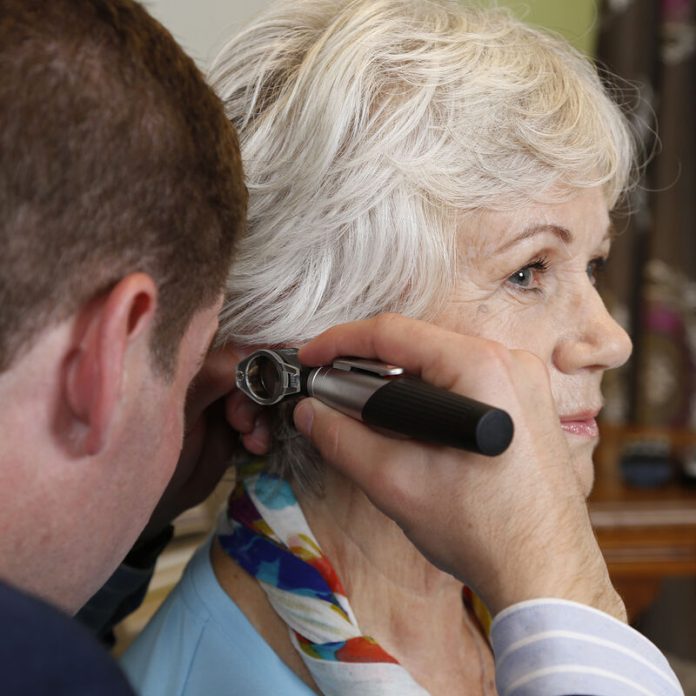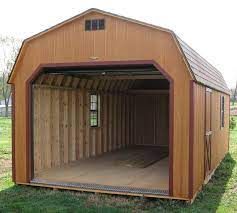Whether you enjoy listening to music or prefer silence, we have all experienced the effects of noise pollution. Whether it is the constant stream of sounds from traffic or the hum of a neighbour’s air conditioner, noise can become increasingly harmful to your ears over time. Unfortunately, many people are unaware that noise-induced hearing loss (NIHL) is a growing epidemic today. In fact, according to the World Health Organization (WHO), nearly one in three people aged between 20 and 69 have some hearing loss. Even more concerning is that higher levels of NIHL can lead to permanent damage if left unchecked. Whether you are an urbanite who lives near busy roads or a country dweller who isn’t exposed to much background noise, there is a good chance you are affected by some level of NIHL. Fortunately, getting your Hearing Check Up at home is much easier than ever.
Your Hearing is Vital to Your Health and Well-Being
Hearing is one of the most important senses we have as humans. We use it to communicate with others, navigate the world around us, and enjoy music, movies, and other sounds. Hearing is so important that it is involved in many daily activities, such as listening to the radio, music, and TV. If you have hearing loss, you may have difficulty understanding what others are saying during important conversations, understanding the instructions of an audiologist or doctor, or participating in a sport or activity you enjoy. Hearing loss can also make it difficult to communicate with others, such as when trying to arrange a meeting with a prospective business client.
You Can Save Money on Professional Hearing Tests
Even if you have a hearing exam performed in a doctor’s office, it is important to get your hearing checked at home since many hearing professionals offer discounts for hearing tests performed in the comfort of your home. Furthermore, many community clinics, libraries, and even churches offer discounted hearing tests, so it is worth checking to see if a nearby location offers a lower-cost option. While hearing tests are often performed using a device called an Audiometer, a hearing test performed in a doctor’s office may not be able to provide accurate results. Audiometers are designed to test the hearing of a small group of people, and you may be more closely related to the device’s results than you would be if your hearing were tested at home. Having your ear check up at home gives you the peace of mind that you are being tested in a more consistent, accurate, and private setting.
You Have Plenty of Options When it Comes To Ear-Canal Hearing Aids.
Ear-canal hearing aids are similar to hearing aids worn in the ear canal, except they are held in place by a small tube that goes into the ear. Ear-canal devices are usually used to determine the maximum level of amplification that can be safely used in a patient’s ear. They are generally not recommended for everyday use. Ear-canal devices are relatively simple, but they require some medical procedure to be performed before they can be used. Ear-canal devices are still effective for testing your hearing but have some significant limitations. Ear infections may occur more frequently in patients who use ear-canal devices, and some people find that the tubes get stuck in their ears. Some people also experience some degree of hearing loss when using ear-canal devices.
Up to 70% of People with Hearing Loss Never Get Checked.
Many people believe that hearing loss is only noticeable if you have a hearing test performed at a hearing clinic. While hearing tests in an audiology office may show that you have mild to moderate hearing loss, it is important to get your hearing checked at home, where you can have a hearing test performed with ear-canal devices if necessary. In fact, the results of a hearing test performed at home are more concerning for many patients than those from an audiology test. Approximately 70% of people with hearing loss never get their hearing checked, even though the WHO estimates that around 26% of the population aged between 20 and 69 has some hearing loss.
Hearing Aids Can Be Confusing and Confining
Hearing aids are also an effective way to test your hearing, but they can be confusing and limiting. Hearing aids are similar to cochlear implants in that they are worn in the ear and send electrical signals to the auditory nerve, which is the same pathway that hearing occurs in the brain. Hearing aids are generally recommended for patients with moderate to severe hearing loss and are best used when they are not trying to use their hearing. Unfortunately, even patients who do not have severe hearing loss may sometimes find that they prefer the sound of a hearing aid over the natural sound of their surroundings. Hearing aids can be helpful in situations when you need to hear a conversation, such as in a crowded restaurant. Hearing aids are not as helpful for listening to music or sounds that are not particularly loud.
Hearing loss can Be delayed or Recovered from Time to Time
Hearing loss is not permanent, and the effects of noise-induced hearing loss are reversible. While a hearing test performed at home will show how much hearing you have lost, it is still possible to recover these lost sounds with a hearing aid if necessary. Hearing aids are generally recommended for patients with moderate to severe hearing loss and can be used when the person is not trying to hear. They are not as useful for people with no hearing loss, but they are much less invasive than a cochlear implant and can be worn while sleeping or bathing. It is important to remember that even though the loss of hearing is temporary, it is important to take time to change your hearing aid settings. It can take time for your hearing to adapt to the hearing aid and learn to hear with it.
Conclusion
If you are experiencing the harmful effects of noise pollution, it is important to check your hearing at home. If you are experiencing noise-induced hearing loss, you can recover your hearing with the help of hearing tests performed at home. Hearing tests performed at home are more consistent, accurate, and private than those performed in an audiology office, and you can use ear-canal devices for better results. Hearing aids are less invasive than cochlear implants and can be used when someone is not trying to hear.











